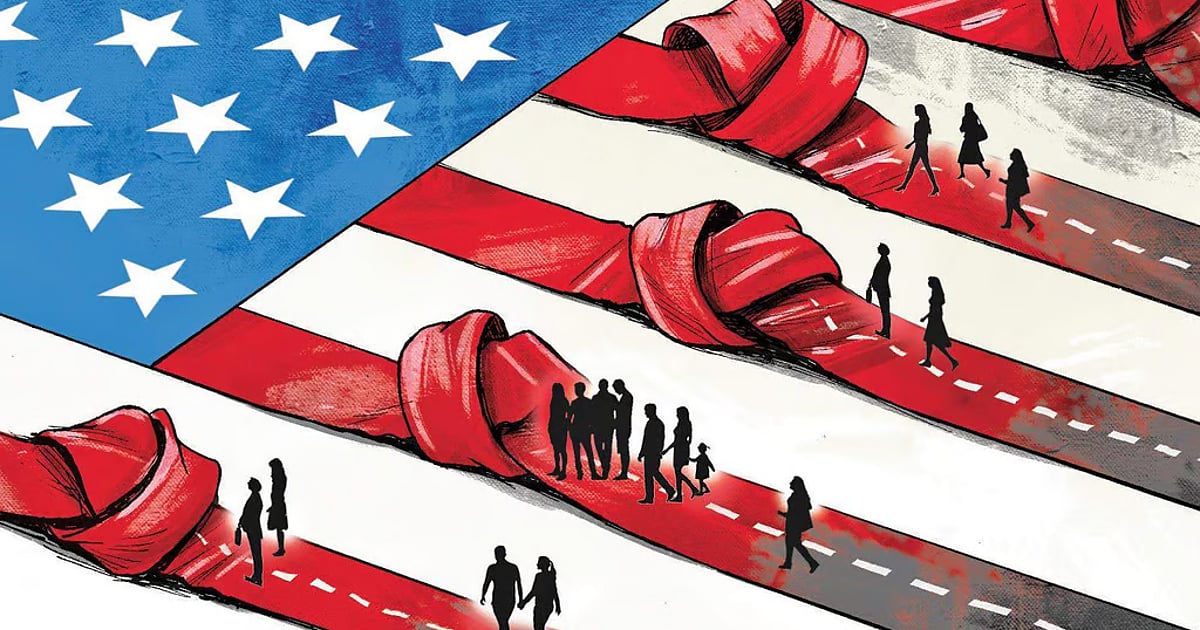USCIS Ends Automatic EAD Extensions: Impact on H-4 and L-2 Dependents
The termination of automatic EAD extensions introduces significant uncertainty and potential work authorization gaps for H-4 and L-2 dependents, demanding proactive renewal strategies.

Subscribe to our newsletter and stay informed about latest H1B news, policy updates and and other developments.
Article Summary
The Department of Homeland Security (DHS) has announced the end of automatic 180-day extensions for Employment Authorization Documents (EADs) for renewal applications filed on or after October 30, 2025. This USCIS interim final rule affects non-citizens including H-4 and L-2 visa dependents, requiring timely renewals to avoid work authorization lapses. DHS states this change aims to enhance background screening and vetting processes, and the article also mentions a separate proclamation introducing a $100,000 fee for new H-1B visa applications.
Original Article: newindianexpress.com
[ Sentiment: negative | Tone: factual ]
This summary and analysis were generated by TheNewsPublisher's editorial AI. This content is for informational purposes only; it does not constitute legal or immigration advice.
[ Sentiment: negative | Tone: factual ]
This summary and analysis were generated by TheNewsPublisher's editorial AI. This content is for informational purposes only; it does not constitute legal or immigration advice.
TNP AI: Key Insights
This policy change significantly impacts H-4 and L-2 dependents, who previously relied on automatic EAD extensions to maintain employment during processing delays. The removal of this safety net necessitates that individuals and their employers meticulously plan renewal applications up to 180 days in advance to prevent potential gaps in work authorization and income.
The DHS justification of prioritizing 'robust alien screening and vetting' signals a broader governmental emphasis on stricter immigration enforcement and security measures. This shift could lead to increased scrutiny and potentially longer processing times for EAD renewals, adding complexity for individuals navigating their immigration status and for businesses managing their international workforce.
The article's secondary mention of a $100,000 H-1B visa application fee, if implemented, represents a substantial financial barrier for companies seeking to hire skilled foreign workers, particularly for startups and smaller businesses. This policy, alongside the EAD changes, reflects a tightening immigration landscape that could influence international talent recruitment strategies and workforce planning.




